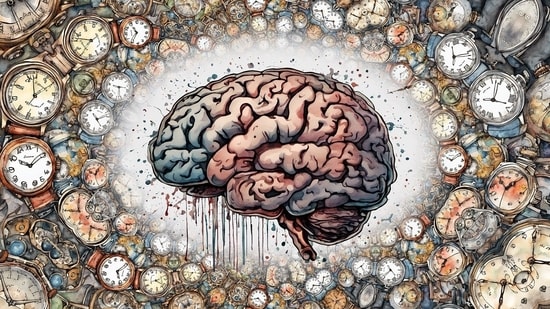In recent research at Rice University, factors were reviewed to influence human memories, acknowledging that the three missing episodic memory “w’s” (What, Where, and When) could enhance memory retention.
Emotional content, personal significance, repetition, and attention are said to be the factors that help shape and retain human memories, according to the two researchers, Fernanda Morales-Calva and Stephanie Leal.
Unfamiliar environments demand greater focus, making them more effective at creating lasting memories than familiar, routine settings.
Understanding the Factors That Shape Human Memories
Memory plays a fundamental role in how individuals navigate and make sense of the world. While some memories are vivid and long-lasting, others fade quickly, influenced by a complex interplay of factors.
This exploration is critical for advancing both scientific understanding and practical applications in clinical and everyday contexts.
Emotional Significance and Personal Relevance
One of the most powerful drivers of memory retention is emotional significance. For instance, humans can recall events with deep emotional details that will resonate within them for a long period of time.
Emotional arousal enhances the brain’s ability to store and retrieve information, ensuring that these memories remain vivid over time.
Similarly, personal relevance plays a key role. Individuals are more likely to remember experiences that align with their interests, goals, or identity.
The Role of Environment: Where We Remember
The physical setting of an event also influences memory retention. In Morales-Calva and Leal’s studies, they note that spatial memory, a system dedicated to recalling where events occurred, is critical in understanding human experiences.
Research shows that novel environments demand greater attention, which enhances memory formation.
The Role of Timing in Memory
The timing of an event plays a crucial role in how it is remembered. Researchers highlight that the way people sequence and recognise transitions between events significantly impacts memory retention.
Specific occurrences are often organised into distinct episodes, making them easier to recall. This episodic compartmentalisation allows individuals to differentiate between events and retrieve them with greater clarity.
Individual Differences and Memory Retention
Beyond the what, where, and when of memory, individual circumstances greatly influence memory formation. Personal experiences, cultural backgrounds, and cognitive processes create a unique lens through which people perceive and remember events.
For some, a moment may be profoundly impactful, while for others, it might pass unnoticed.
Morales-Calva observed that “Memory is not a one-size-fits-all phenomenon,” pointing to the variability in what people find memorable.
These differences highlight the subjective nature of memory and the need for more personalised approaches in studying and assessing it.
Challenges with Standardised Memory Assessments
The researchers caution that standardised memory assessments, often developed within specific cultural frameworks, may fail to account for individual and cultural diversity.
This limitation can result in skewed or inaccurate evaluations, particularly when applied to diverse populations. Recognising and addressing these shortcomings is essential to creating more effective diagnostic tools and interventions.
Implications for Clinical and Everyday Applications
With the global population ageing and memory impairments such as dementia becoming increasingly common, understanding the nuances of memory formation is critical. Insights into the factors that shape memory could lead to better interventions for cognitive decline.
Tailored approaches that consider cultural and individual differences are especially important in developing effective strategies to support memory retention and mitigate impairments.
Bridging Research and Real-World Applications
Researchers advocate for experimental designs that incorporate individual variability to better connect laboratory findings with real-world experiences.
By doing so, they aim to unravel the complexities of memory and develop tools and interventions that reflect the diverse ways people experience and retain information.
Culled from: Neuroscience News magazine



